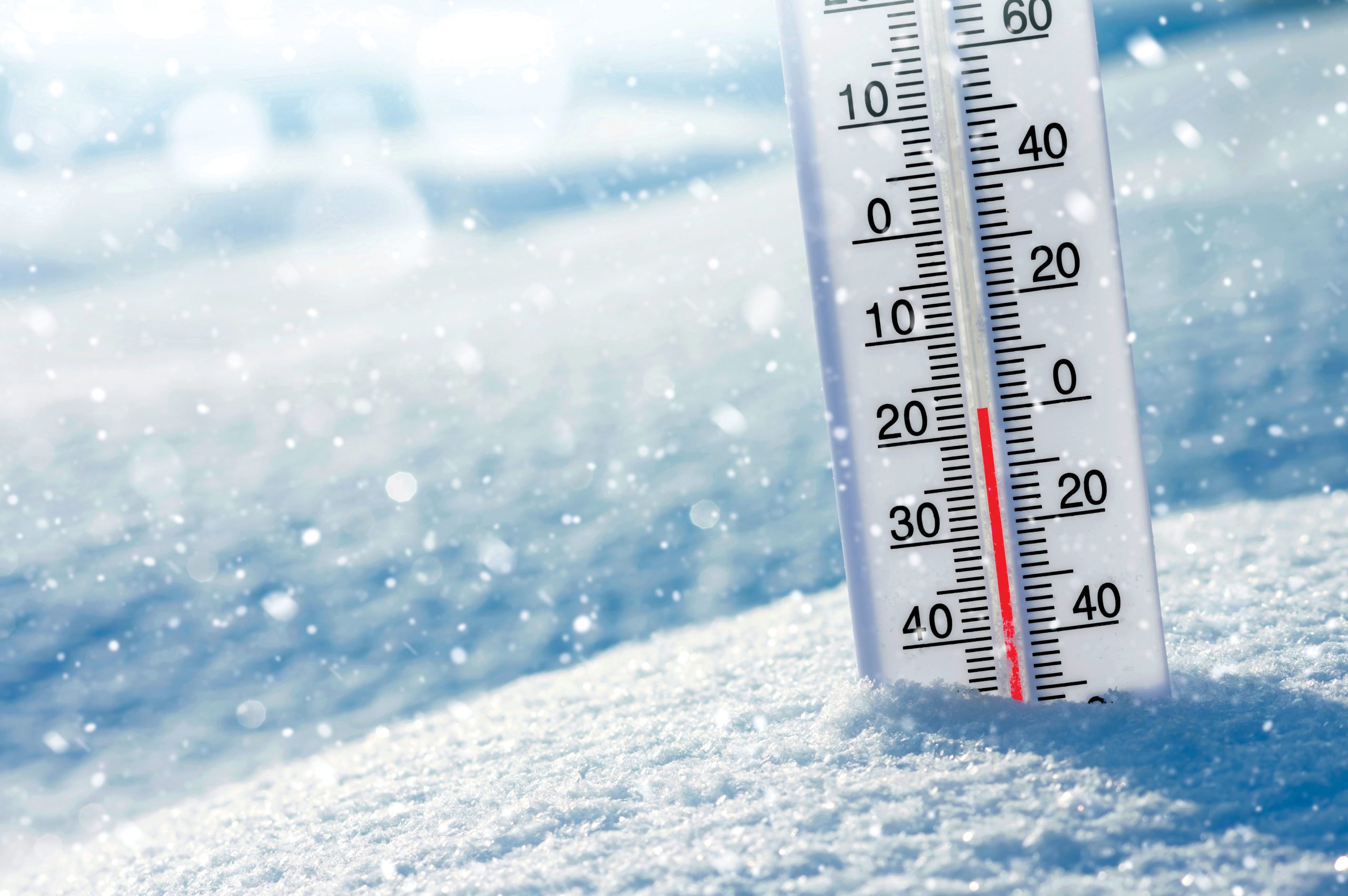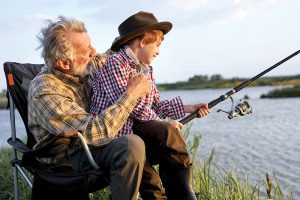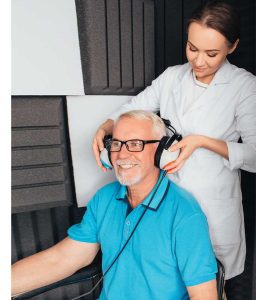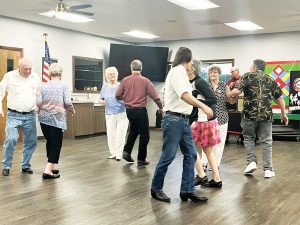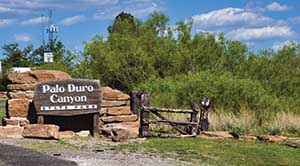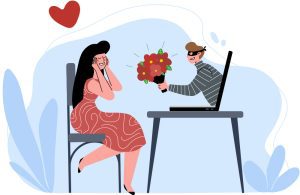By Jennifer Pearce, Right at Home Peoria
As Mother Nature’s thermometer begins to dip in late fall and throughout winter, so does body temperature for many seniors. There is scientific data to support their feeling chilly.
Aging skin is thinner and less likely to tolerate fluctuating temperatures. An older individual’s skin is limited in the precise control of changes in both cold and heat.
Dangers of Cold Weather for Seniors
Older adults lose body heat faster and are less able to tolerate cold than younger adults. If a person’s body temperature drops much below the common base of 98.6 F, dangerous health problems can arise. Hypothermia sets in when a person’s body temperature goes below 95 F. Left untreated, hypothermia can shut down the body’s heart and respiratory systems and lead to death.
Susceptibility to cold can be a symptom of medical issues like diabetes or high blood pressure. Because of poor circulation, diabetics run the risk of decreased body temperature in their extremities. They also may not accurately sense temperature changes in their hands and feet, which can cause injury they may not feel. For people with high blood pressure, certain medications such as beta blockers can reduce blood circulation to the hands and feet. Having high cholesterol can also restrict blood flow and lower body temperature.
How to Keep Yourself Warm
These tips can help yourself keep warm this winter:
- Keep the home properly heated at a temperature of 68 F to 70 F.
- Winterize windows and doors with weather stripping and caulk.
- Close heat vents and shut doors in rooms that are seldom used.
- Dress in warm layers that can be removed if you get too hot.
- Put socks and slippers on and use a blanket over legs.
- Make sure you wear a hat, scarf, and gloves when going outside.
- Check weather reports and know that snow, rain, and wind can increase heat loss.
- Change out of damp or wet clothes right away.
- Practice sound nutrition to fuel the body’s heat and energy sources.
- Stay fully hydrated—dry air temperatures inside and outside can cause dehydration.
- Eat regular meals to stimulate the body’s own thermostat.
- Avoid alcohol consumption, which can trigger heat loss.
- Learn the temperature-lowering effect of specific medications and over-the-counter drugs.
- Be aware that some space heaters and fireplaces are fire hazards and can cause carbon monoxide poisoning.
- Devise an evacuation plan in case of a power outage or the furnace/heat source breaks down.
- Create a plan for family and friends to check on you regularly, especially during colder weather.
The Peoria office of Right at Home is a locally owned and operated franchise office of Right at Home, LLC, serving the Greater Peoria area. For more information, contact Jennifer Pearce, Right at Home Peoria, at 309-327-0808 or by email at [email protected]. Find us on the web at www.rightathome.net/Peoria.
